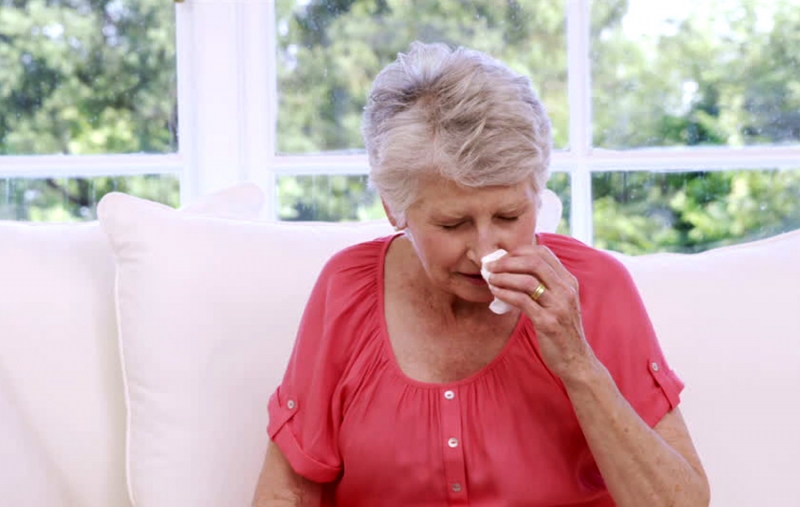Winter has arrived so it only makes sense that this month’s gym talk is about trying to prevent the common cold and flu. The start of flu season begins when levels of the flu are high, which usually begins around October and can last until May. The flu does share symptoms with the common cold; however, the flu can take a much greater toll on the body. The influenza virus or better known as the flu can not only effect humans, but nearly every other mammal and even birds on the planet making it easy for the flu to spread around the world. There are three main types of the flu: influenza A, influenza B, and influenza C. There has been no epidemics caused by influenza C, whereas Influenza A is the most common around the world. Influenza A can infect humans and animals as well as birds, unlike Influenza B, which is only carried in humans.
Symptoms of the flu include constant cough, runny nose, fever, sore throat, chills, muscle cramps/aches, headaches, diarrhea and/or vomiting. Just because you have some of these symptoms does not mean you have the flu. The common cold has similar symptoms, but usually does not get more severe then a fever and stuffy nose and only lasts for a few days. More severe symptoms lasting longer than a couple of days indicates you should get tested by a doctor.
Unfortunately, seniors are at a higher risk than others for being the most affected by the flu. In fact, up to 70 percent of flu-related hospitalizations involve seniors. The flu is highly contagious. The CDC states that one person can infect another if they are within six feet of each other. The virus can spread by coughs, sneezes, saliva exiting the mouth, even handling a doorknob that an infected person has touched before. Someone may not even have symptoms yet can still spread the flu.
Getting vaccinated helps and is the best way to prevent the flu. The CDC found that seniors getting the flu vaccine reduced the likelihood they’d be hospitalized because of the flu by more than 50 percent. Along with getting vaccinated there are plenty of other preventative steps seniors can take to reduce their chances of catching the flu, which include living a healthy lifestyle and seeking immediate help if feeling ill. Seeking help not only protects yourself but protects others by knowing if you are contagious or not. Immune systems weaken as we age, so it is important to eat properly and exercise to help prolong this process for as long as possible. Exercise also helps with strengthening your immune system during cold/flu season, so the more active you are, the less likely you are to become sick. However, always listen to your body, especially this time of year when it comes to the cold/flu. There are even simpler things that can be done such as, being consistent with washing your hands and keeping your living environment clean and sanitized.



